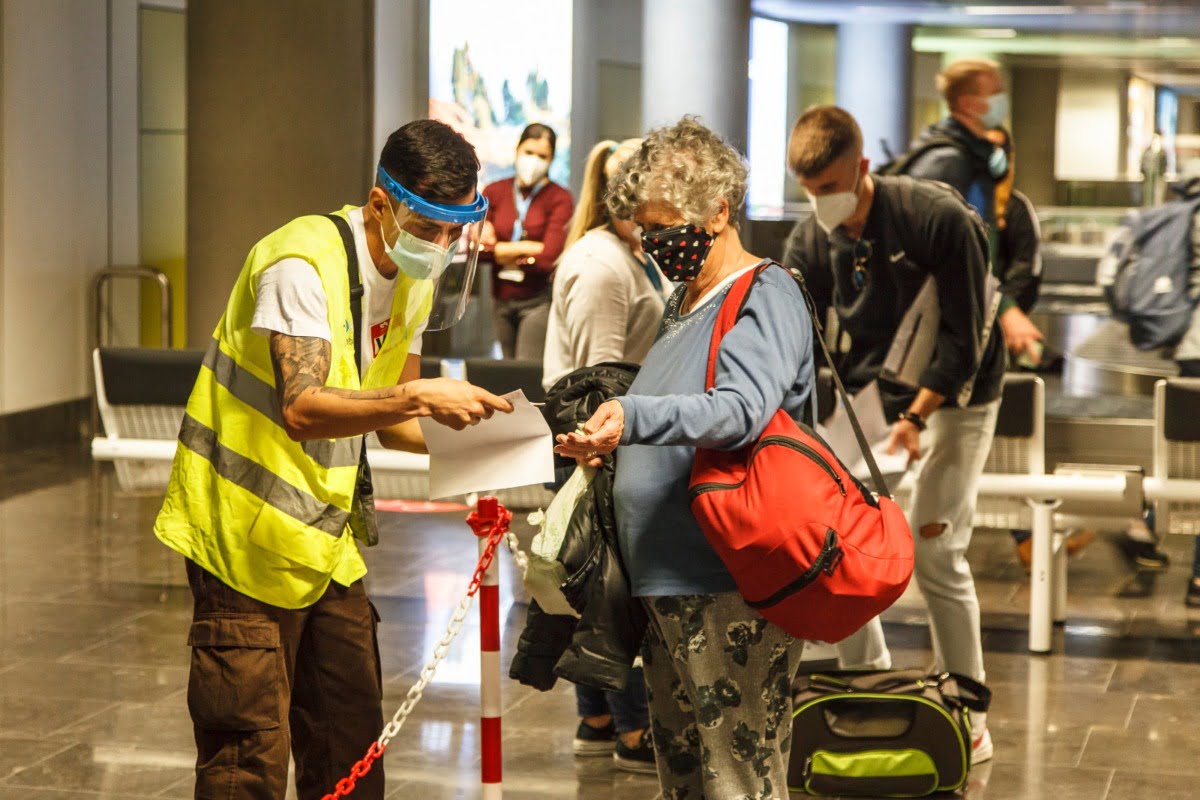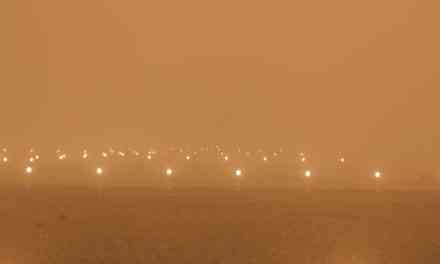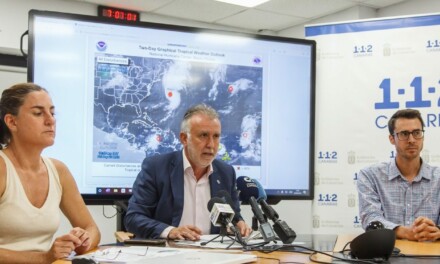A valid negative diagnostic test certificate for SARS-COV-2 is required for all passengers coming to The Canary Islands, including from the rest of Spain need, done 72 hours before arrival.
The Ministry of Health of the Government of the Canary Islands decided last week to extend, by means of an Executive Order by regional health minister Blas Trujillo, screening measures to help contain the transmission of SARS-COV-2,by ensuring that every passenger entering the Canary Islands from the rest of the national territory, by air or sea, carries a diagnostic test result for active infection (PDIA).
The measure has been established for the arrival of visitors from all other regions of the country. Travel between the islands obliging passengers to present negative PDIA can be eliminated, though those islands in alert levels 1 and 2 do not have do not have restrictions on interisland travel, those in levels 3 and 4 should still only travel between islands if they have a justified reason based on the established exceptions.
National and international passengers who can prove they will be staying in a regulated tourist accommodation in the Archipelago will be required to present a negative diagnostic test when checking in at the establishment.
Good results
87% of the 342,794 travellers who arrived on the Canary Islands from the rest of Spain, by air or sea, between December 18 and April 4 were able to provide a negative active infection diagnostic test (PDIA). Thanks to this protocol, a total of 753 positive cases were also detected.
Among the passengers who underwent the required test at origin, 482 positive cases of COVID-19 were detected, of which 410 were confirmed by PCR and the remaining 72 by antigen tests.
271 positive cases of COVID-19 were also detected at their destination, among travellers who underwent the test upon arrival in the Canary Islands, once identified they were placed in isolation until a negative result from diagnostic tests was received.
These good results, from the control system protocols, and the detection of positive cases entering the Canary Islands, are now being analysed so that the Ministry can extend these rules in order to guarantee that all passengers who enter the Archipelago do so free of coronavirus, minimising the risk of importing new cases and, therefore, stopping incoming travellers from causing any increases in the transmission of COVID-19 in the Canary Islands.
Protocol operation
According to this protocol, travellers coming from anywhere within Spanish national territory must submit a valid negative diagnostic test certificate for SARS-COV-2, done 72 hours before arrival. The certificate must be delivered at the checkpoints established for this purpose by the Health Department of the Canary Islands Government, at the six Canarian airports that receive domestic flights. Travellers who make airport transfers between islands must go to the control point at the first airport where they disembark to present their certificate for their negative diagnostic test.
Travellers who do not present the certificate, or whose certificate cannot be validated, are identified, registered and then ordered to go into self-isolation until a negative result has been obtained, at destination.
The diagnostic tests for active infection allowed are any of the following:
– PCR (COVID-19 RT-PCR)
– Rapid detection tests for SARS-CoV-2 antigens with a specificity of more than 97% and a sensitivity of more than 80%, according to the corresponding approval of a country within the European Union or the European Economic Area
– Transcription Mediated Amplification (TMA).
Free trial
The Ministry of Health have also said that the diagnostic test, both at origin and destination, will be free for travellers officially resident in the Canary Islands when coming from the rest of the Spanish national territory using the tests available at Eurofins Megalab centres, (See the map below) which have been arranged by the Canary Islands Health Service specifically for that purpose. Other (non-resident) passengers will bear the cost of carrying out the PDIA, which will have a special price in the centres arranged by the SCS. (Here is a full list of the centres where non-residents can get tested)










